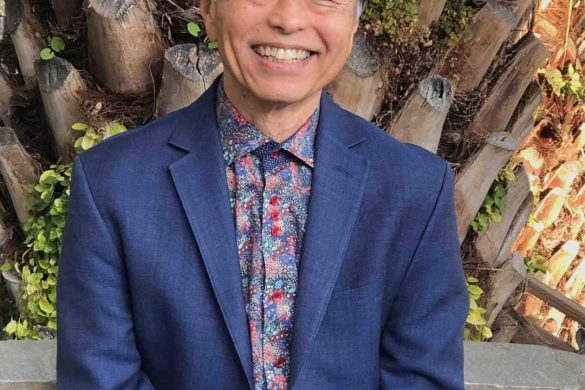When you think of forgiveness, what comes to mind? Is it easy to forgive some things, but not others? Are there some circumstances deemed unforgivable, some grievances too awful to warrant forgiveness? Are you able to forgive the “little things” but not the “big things”? Are you able to forgive others, but not yourself?
Forgiveness is often interpreted as something a victim grants to their oppressor, something a person who was wronged offers to the person who wronged them. In this way, forgiveness is seen as pardoning a “sin,” forgoing punishment, or absolving blame. The forgiver may then retain an heir of superiority over the other that is being forgiven. The wrong-doer and the wronged remain separate. This view of forgiveness is a step in the right direction. Letting go of punishment, blame, guilt and judgement is an important part of forgiveness, and will seem to give some relief to those involved. But it’s not the whole thing.
Forgiveness is whole. Forgiveness is seeing the truth. It does not “pardon sins to make them real” (as Jesus says in A Course in Miracles). Forgiveness sees that there was no sin, that the “wrongdoing” only appeared to happen. It happened to the body (yours or another’s), in the mind, but never in Reality, in Spirit. This is what’s so radical about forgiveness. It leaves nothing out. All is forgiven. All is released.
When we hold on to grievances of any kind, we divide ourselves. We make separation real in our mind, rather than validating the truth and reality of Spirit, of wholeness. When we withhold forgiveness, about anything or anyone, including ourselves, whether seemingly big or small, we are actually punishing ourselves, keeping ourselves divided, and prolonging our experience of suffering. When we realize this, forgiveness doesn’t seem radical anymore, it becomes the most obvious, necessary and simple act. It becomes not even an act, not something to “do,” but something that simply is, a state of mind.
And yet, it is radical. The mind that has become attached to an identity of separation (what we can call the ego) does not easily relinquish control. We desperately want to make the body, and all that we experience with our bodily perceptions, real and true. But only the unchanging is true. Only Spirit is true. The rest is perception, a vast, always changing, complex, rollercoaster ride of special effects: a grand distraction from the Oneness of Spirit.
When we choose the radical notion of true forgiveness, the kind of forgiveness that leaves nothing out, we discover many, many layers of resistance, control and attachment to being right, and being separate. Even to the point of withholding forgiveness, and prolonging our own suffering! HA!! What a funny thing that ego!! We then have the opportunity to continue to be radical in choosing, again and again, to forgive, no matter how “wronged” we experience ourselves to be, or how awful we think we are. We can let go of every judgment about ourselves, and others, every need to prove our separateness, every urge to see ourselves as a victim, every unconscious desire to be something other than what we truly are: the whole, undivided, radiant beingness of Spirit.
Yeah, I’d say that’s pretty radical!





